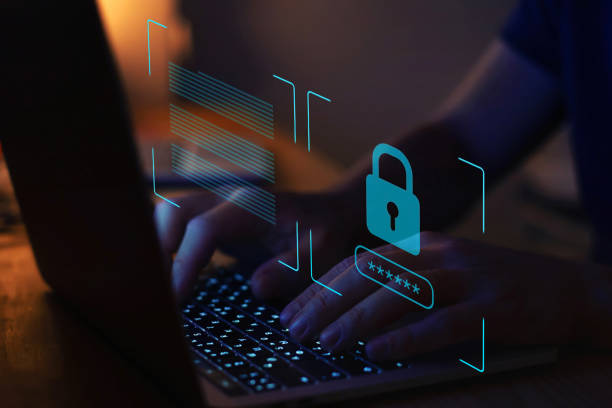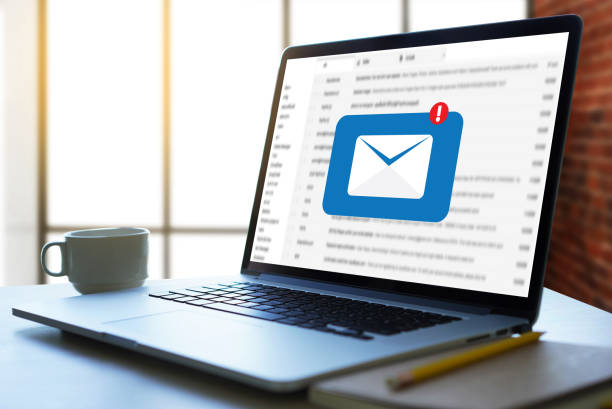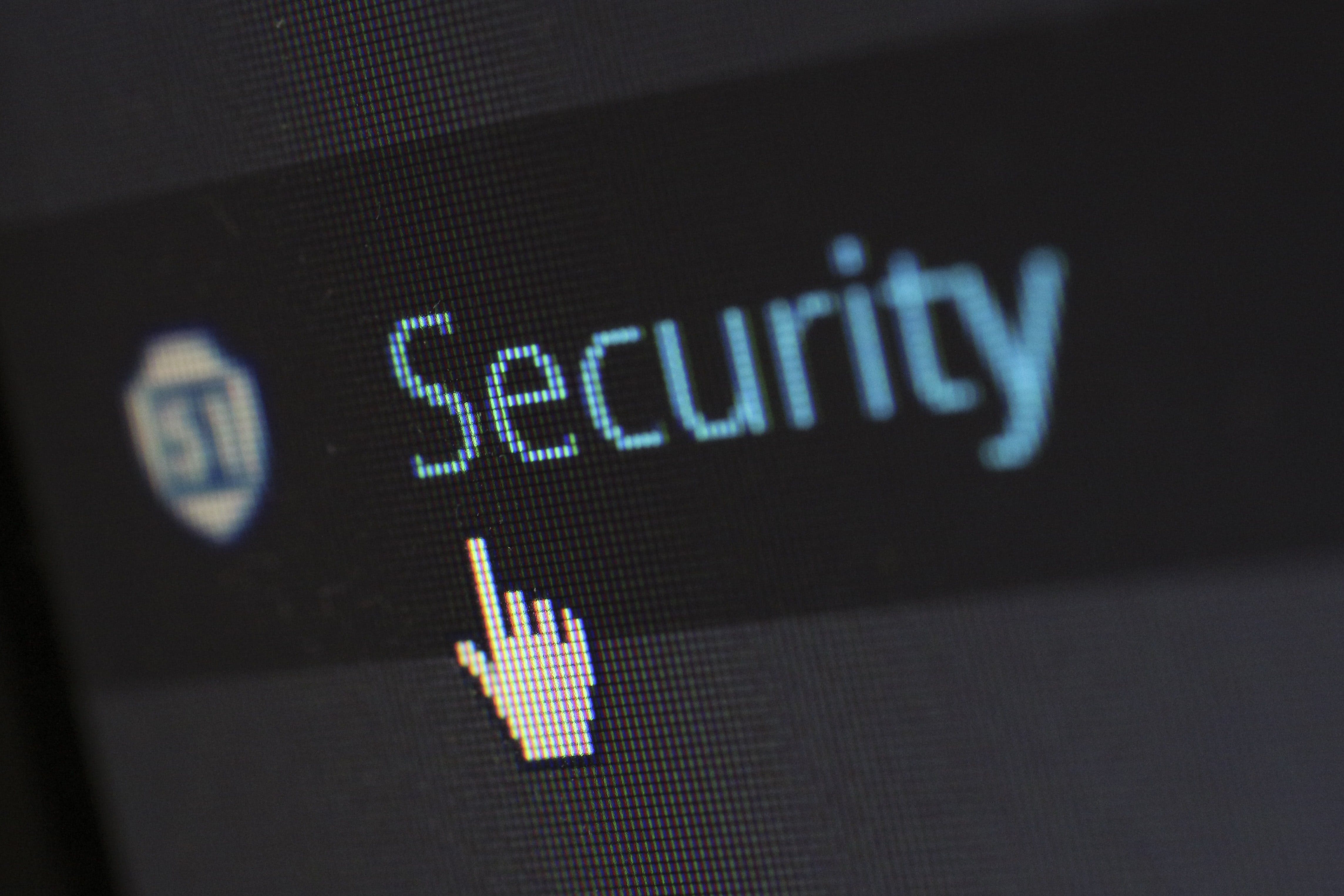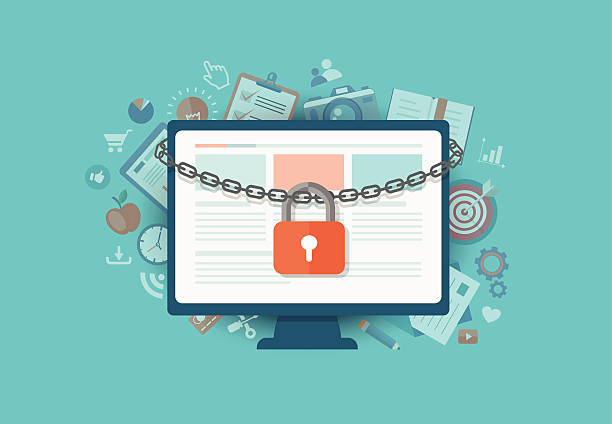Name
Password
Practical Guide to Internet Privacy for the Wise Web User

Our lives are increasingly intertwined with the internet, understanding and maintaining internet privacy has become a paramount concern. But what exactly is internet privacy? In essence, it's the ability to control what information about ourselves we share online, who has access to it, and how it can be used. This control is crucial, not just for personal security, but also for preserving our autonomy and freedom in the digital world.
Understanding Internet Privacy: The Basics
The internet is a double-edged sword. While it offers unprecedented access to information, connectivity, and convenience, it also exposes users to various risks. Our personal data, from simple browsing habits to sensitive information, can be collected, analyzed, and sometimes exploited. With the increasing sophistication of data-gathering techniques and the rise of cyber threats, the importance of safeguarding our online privacy has never been more urgent.
In this guide, we’ll explore the common ways users inadvertently compromise their internet privacy and provide practical advice on how to protect yourself in the vast digital landscape. Whether you're a casual internet user or a tech-savvy individual, understanding these risks and solutions is key to being a wise web user.
Common Ways Your Privacy is Compromised Online
Unsecure Websites: One of the most fundamental mistakes users make is browsing unsecure websites. Websites without HTTPS (Hypertext Transfer Protocol Secure) lack the encryption that protects the data exchanged between your browser and the site. This oversight can expose sensitive information, such as login credentials and personal details, to potential interceptors.
Phishing Scams: : A significant threat comes from phishing scams, where cybercriminals impersonate legitimate organizations to trick users into providing sensitive information. These scams can come in the form of deceptive emails, fake websites, or even fraudulent phone calls. The consequences of falling for a phishing attack can range from financial loss to identity theft.
Social Media Oversharing: In the era of social media, oversharing personal information has become a common pitfall. Many users unknowingly reveal too much — from locations to personal habits — making them vulnerable to stalking, identity theft, and targeted scams.
Use of Personal Email for Online Services: A frequent privacy misstep is the use of personal email addresses for various online subscriptions and services. This habit not only clutters your inbox but also ties your personal email to multiple data points across the internet, increasing the risk of your personal information being compromised in data breaches.
In the next section, we’ll delve into practical ways to mitigate these risks, including the use of services like OneTimeMail.org, which offers temporary email addresses and random password creation to bolster your online safety.
Practical Steps to Protect Your Online Footprint
Use of Secure, Encrypted Websites
One of the simplest yet most effective steps in safeguarding your online privacy is to ensure you’re browsing secure websites. Look for the HTTPS in the website’s URL, which indicates that the site is encrypted, providing a basic level of security for the data transmitted. This is especially crucial when entering sensitive information like credit card details or personal identifiers.
Awareness and Avoidance of Phishing Scams
Educating yourself about the common tactics of phishing scams is key to avoiding them. Be wary of unsolicited emails or messages that ask for personal information or direct you to unfamiliar websites. Always verify the authenticity of requests for information, and when in doubt, contact the organization directly through official channels.
Controlled Sharing on Social Media
Be mindful of what you share on social media platforms. Adjust your privacy settings to control who can see your posts, and be cautious about divulging personal details like your address, routine, or vacation plans, which can make you a target for burglars or scammers.
Use Temporary Emails
Incorporating temporary emails in your online activities can significantly enhance your privacy. This is where OneTimeMail.org shines. By using their temporary email service for online sign-ups, forums, or trials, you avoid exposing your personal or work email to potential spam and security breaches. It’s a simple yet effective way to keep your primary email addresses private and secure.
Strong, Unique Passwords
Utilize strong and unique passwords for different online accounts. Avoid common words or easy-to-guess combinations. OneTimeMail.org also offers a random password creation tool, helping you generate robust passwords that are tough to crack, thereby adding an extra layer of security to your online accounts.
Regular Updates and Use of Security Software
Keep your devices and software updated. Regular updates often include security patches that protect against new threats. Additionally, using reputable antivirus and anti-malware software can provide a strong defense against various cyber threats.
Staying Sharp in the Digital World
Taking proactive steps to safeguard your internet privacy is not just a recommendation; it’s a necessity. By understanding the common pitfalls and adopting the strategies outlined above, you can significantly reduce your risk of privacy breaches and cyber threats. Remember, the key to being a wise web user is a combination of vigilance, awareness, and the right tools.
One Time Mail stands as a valuable ally in this endeavor, offering services like temporary emails and random password generation to enhance your online security. Embracing these tools and practices will not only protect your personal information but also contribute to a safer and more secure digital environment for everyone.
Stay informed, stay safe, and navigate the digital world with confidence.




